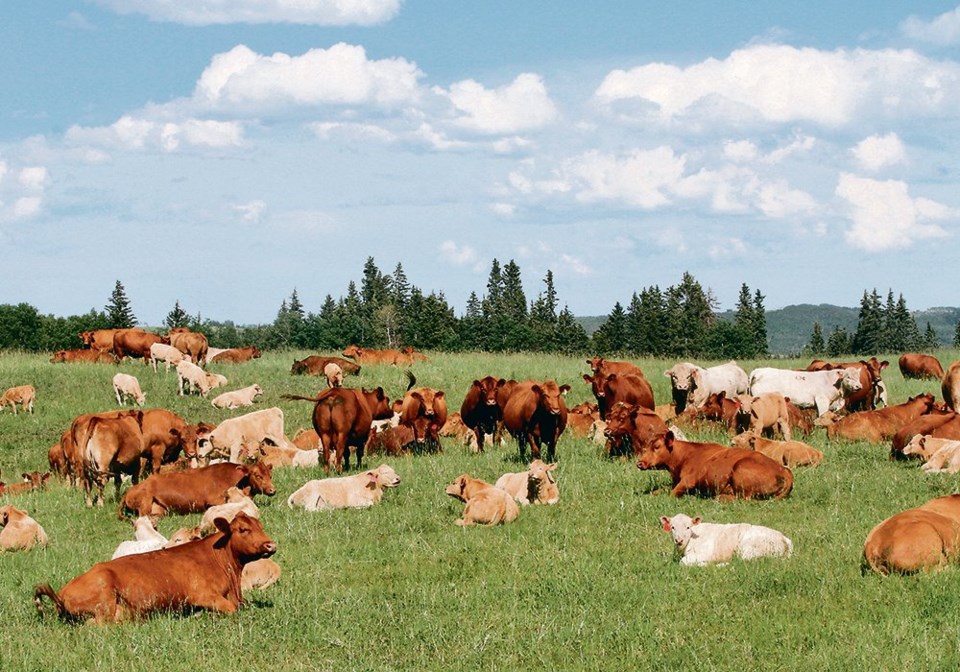It’s no secret to anyone paying attention that the Comprehensive Economic Trade Agreement with the European Union is not working for Canada’s livestock producers.
The deal, approved by both sides in 2017, was welcomed at the time as a tremendous opportunity for the country’s agriculture industry.
The promise never materialized for the livestock sector.
Last year, Europe exported $114 million worth of beef and $285 million worth of pork to Canada, while Canada shipped only $22 million worth of beef and $1.2 million worth of pork to Europe.
While Canada is living up to its end of the trade agreement, Europe continues to throw up dubious non-tariff barriers that keep our meat out of the continent.
Canada’s livestock sector is not happy with the situation, but so far, the response from this country has been polite and conciliatory.
This appears to be changing now that the Canadian Cattle Association has decided to get tougher, not only with Europe but also with the federal government.
“I think it’s one of the hardest stands we’ve taken in recent times,” CCA president Nathan Phinney said recently, particularly talking about the organization’s opposition to the United Kingdom — and its beef trade barriers — joining the Comprehensive and Progressive Partnership for Trans-Pacific Trade.
“We made it abundantly clear to the government, until we get full systems approval for some of these regulatory issues … it doesn’t matter what we have for quota because we will not get product in. … Until these issues are resolved, we are going to oppose any assertion of the U.K. joining the CPTPP.”
This tougher stance is a positive development, but we have another idea that Canada could consider, and it is based on CETA itself.
The text of the agreement suggests that Canada can impose duties on European beef and pork if those imports are harming Canada’s red meat industry.
Article 3.4 of CETA says Canada and the EU “reaffirm their rights and obligations concerning global safeguard measures under Article XIX of GATT 1994 and the Safeguards Agreement.”
It’s the wording in Article 19 of the General Agreement on Tariffs and Trade where things get interesting.
It says that if a good is “being imported into the territory of the other Party in such increased quantities … that the imports of the good from that Party constitute a substantial cause of serious injury, or threat thereof, to a domestic industry … the Party into whose territory the good is being imported” may do the following:
- Increase the rate of customs duty on that good.
- Stop decreasing the rate of customs duty on that good.
The Canadian International Trade Tribunal could hold an inquiry to determine if red meat is being imported into Canada in such increased quantities that it’s causing serious injury, or threat, to domestic producers.
Such inquiries are referred to as “safeguard inquiries.” Depending on the result, Canada could impose temporary duties on European pork and beef.
The federal government appears to have no stomach for such action, considering international trade minister Mary Ng is a staunch defender of the European trade agreement.
But even discussing such an option in public could be a powerful signal to Europe and other troublesome trading partners that Canada is serious about being treated fairly in the international trade arena.
Karen Briere, Bruce Dyck, Barb Glen, Michael Robin, Robin Booker, Robert Arnason and Mike Raine collaborate in the writing of Western Producer editorials.


